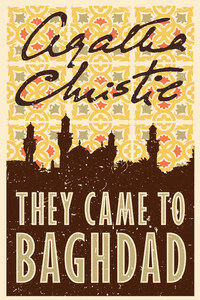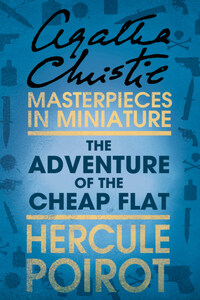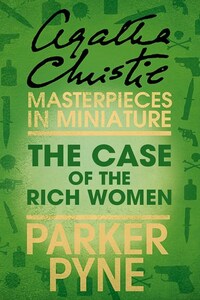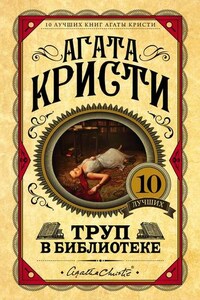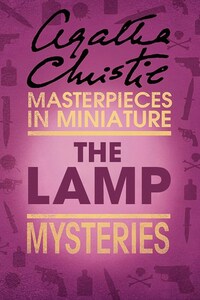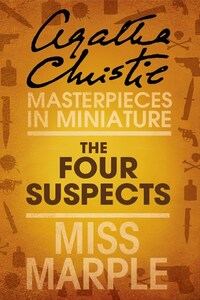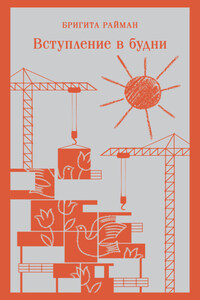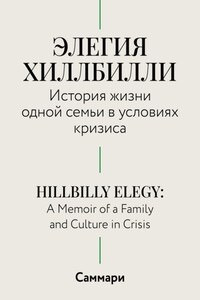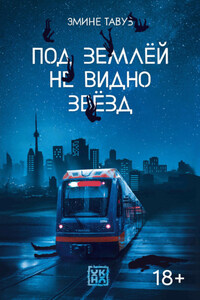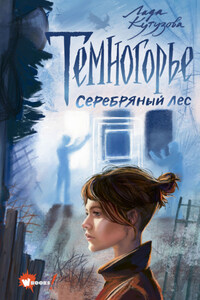Published by HarperCollinsPublishers Ltd
1 London Bridge Street
London SE1 9GF
www.harpercollins.co.uk
First published in Great Britain by Collins, The Crime Club 1951
They Came to Baghdad™ is a trade mark of Agatha Christie Limited and Agatha Christie® and the Agatha Christie Signature are registered trade marks of Agatha Christie Limited in the UK and elsewhere.
Copyright © 1951 Agatha Christie Limited. All rights reserved.
www.agathachristie.com
Cover by designedbydavid.co.uk © HarperCollins/Agatha Christie Ltd 2017
Agatha Christie asserts the moral right to be identified as the author of this work.
A catalogue copy of this book is available from the British Library.
This novel is entirely a work of fiction. The names, characters and incidents portrayed in it are the work of the author’s imagination. Any resemblance to actual persons, living or dead, events or localities is entirely coincidental.
All rights reserved under International and Pan-American Copyright Conventions. By payment of the required fees, you have been granted the non-exclusive, non-transferable right to access and read the text of this ebook on screen. No part of this text may be reproduced, transmitted, down-loaded, decompiled, reverse engineered, or stored in or introduced into any information storage and retrieval system, in any form or by any means, whether electronic or mechanical, now known or hereinafter invented, without the express written permission of HarperCollins
HarperCollinsPublishers has made every reasonable effort to ensure that any picture content and written content in this ebook has been included or removed in accordance with the contractual and technological constraints in operation at the time of publication
Source ISBN: 9780008196356
Ebook Edition © March 2017 ISBN: 9780007422845
Version: 2018-09-03
Captain Crosbie came out of the bank with the pleased air of one who has cashed a cheque and has discovered that there is just a little more in his account than he thought there was.
Captain Crosbie often looked pleased with himself. He was that kind of man. In figure he was short and stocky, with rather a red face and a bristling military moustache. He strutted a little when he walked. His clothes were, perhaps, just a trifle loud, and he was fond of a good story. He was popular among other men. A cheerful man, commonplace but kindly, unmarried. Nothing remarkable about him. There are heaps of Crosbies in the East.
The street into which Captain Crosbie emerged was called Bank Street for the excellent reason that most of the banks in the city were situated in it. Inside the bank it was cool and dark and rather musty. The predominant sound was of large quantities of typewriters clicking in the background.
Outside in Bank Street it was sunny and full of swirling dust and the noises were terrific and varied. There was the persistent honking of motor horns, the cries of vendors of various wares. There were hot disputes between small groups of people who seemed ready to murder each other but were really fast friends; men, boys and children were selling every type of tree, sweetmeats, oranges and bananas, bath towels, combs, razor blades and other assorted merchandise carried rapidly through the streets on trays. There was also a perpetual and ever renewed sound of throat clearing and spitting, and above it the thin melancholy wail of men conducting donkeys and horses amongst the stream of motors and pedestrians shouting, ‘Balek—Balek!’
It was eleven o’clock in the morning in the city of Baghdad.
Captain Crosbie stopped a rapidly running boy with an armful of newspapers and bought one. He turned the corner of Bank Street and came into Rashid Street which is the main street of Baghdad, running through it for about four miles parallel with the river Tigris.
Captain Crosbie glanced at the headlines in the paper, tucked it under his arm, walked for about two hundred yards and then turned down a small alleyway and into a large khan or court. At the farther side of this he pushed open a door with a brass plate and found himself in an office.
A neat young Iraqi clerk left his typewriter and came forward smiling a welcome.
‘Good morning, Captain Crosbie. What can I do for you?’
‘Mr Dakin in his room? Good, I’ll go through.’
He passed through a door, up some very steep stairs and along a rather dirty passage. He knocked at the end door and a voice said, ‘Come in.’
It was a high, rather bare room. There was an oil stove with a saucer of water on top of it, a long, low cushioned seat with a little coffee table in front of it and a large rather shabby desk. The electric light was on and the daylight was carefully excluded. Behind the shabby desk was a rather shabby man, with a tired and indecisive face—the face of one who has not got on in the world and knows it and has ceased to care.
